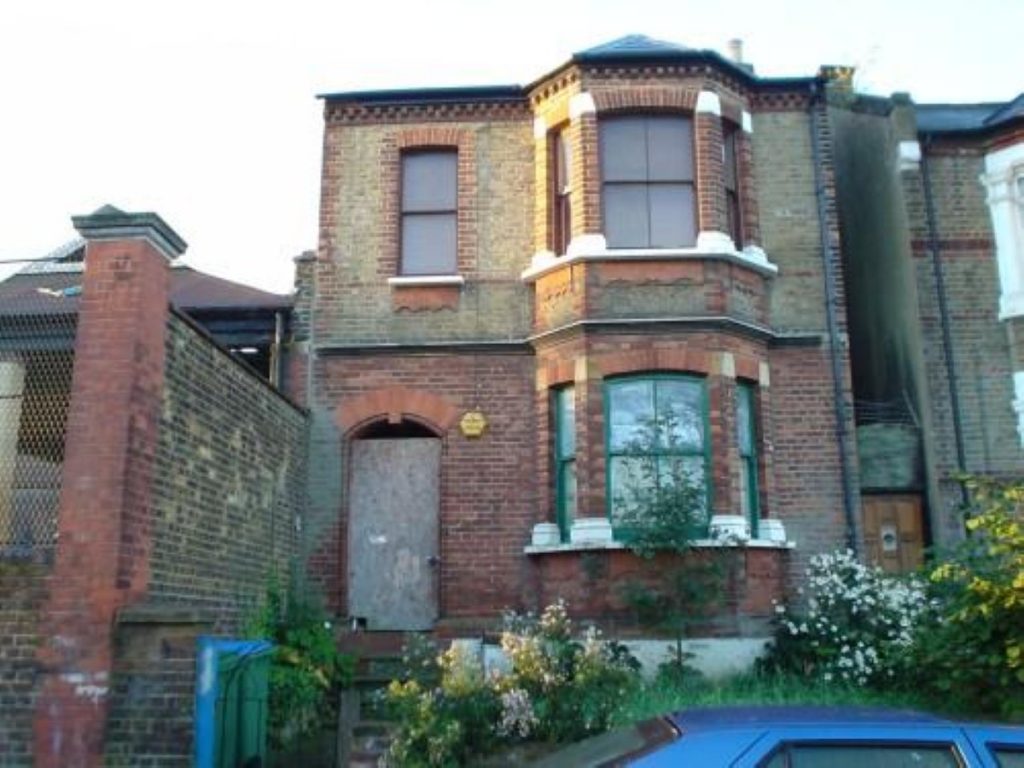The government’s cut in social housing rents will force women’s refuges to close
By Debbie Abrahams MP
The welfare reform and work bill, which completed its Commons stages this week, seeks to impose a one per cent rent reduction on social housing providers for four years.
The rent cut will have severe impacts on housing associations that provide supported housing for groups such as domestic abuse refuges, homelessness hostels and homes for people with disabilities or other acute care needs, including frail older people. Indeed, recent cuts to the government's affordable housing subsidy means that housing associations are having to rely more and more on rental income to be able to build any new homes at all.
The government has already acknowledged that "the rent reduction measures may disproportionately impact on supported housing and may cause a reduction in service provision". The bill was amended in committee to allow the possibility for case-by-case waivers. However the cost-structures used by health, care and support providers in specified accommodation schemes are complex and vary across the sector.


According to representatives from the housing sector, this would make the development of a consistent and fair formula for determining a registered provider’s financial viability, in order to issue a waiver, extremely challenging.
We're working with other orgs to highlight the need for social rent exemptions in the Welfare Bill @HomelessLink https://t.co/JlcMGGcoHR
— Women's Aid (@womensaid) October 23, 2015
The bill will not protect specified accommodation schemes, because the discretion to withhold a waiver is too wide. We believe that the need remains for an express exception from the rent cut for specified accommodation, which would protect the vital schemes that people depend on.
This is why we tabled an amendment at Report Stage in the Commons to exempt specified accommodation from the rent reduction requirement.
Specified accommodation is defined as homes where people need and receive care, support or supervision and includes domestic abuse refuges and homelessness hostels in addition to homes for people with disabilities or other acute care needs.
The rent reduction is likely to lead to many of these schemes being dropped, and future development plans being abandoned, leaving the people who depend on them with nowhere else to go.
If the bill is not amended in the Lords, there is risk that many people with the highest needs will no longer be supported. Housing associations providing supported housing want to provide integrated support for people in their homes. The rent reduction will have such a dramatic impact on the sector that the model itself is at risk.
If associations were forced to stop providing specialised homes for people with care needs, it would have a direct impact on the public purse: the Homes and Community Agency (HCA) has previously estimated that its investment in specialist housing results in a net cost benefit of around £640m per year.
Some of these benefits will be lost if schemes close and future development is stifled. Those in the most vulnerable situations have nothing to gain from a rent cut and everything to lose if it impacts on supply.
In addition, it is unclear what will happen to the people currently living in supported housing, those who are on waiting lists, or the increased numbers of people who are likely to need supported housing in the future.
The impact could include an increase in A&E visits for homeless people, more people with learning disabilities unable to move out of care institutions, and older people stuck in hospitals for longer.
Housing associations that provide specified accommodation schemes would rather be helping these people to get on, stay healthy and stay independent.
What are the real implications of the proposed 1% reduction in social housing rents? http://t.co/3u46QdNYls pic.twitter.com/Y1GBaQtXJU
— Homeless Link (@HomelessLink) October 2, 2015
The National Housing Federation has provided details of modelling undertaken by Housing Associations on how many people are likely to be left without support as a result of the cuts to schemes that they will be forced to make.
One organisation’s modelling showed it would have to close over 100 schemes over the next four years, resulting in almost 2,000 client spaces being lost. This includes the loss of 228 client spaces for victims of domestic violence and 221 client spaces for older people.
Another has already cut 87 supported units from its development programme. Other examples, included one association forseeing that it was likely to lose 400 extra care units over the next four years and another stated that a planned scheme for people with complex needs on the autistic spectrum would now require significant extra funds in order for it to go ahead.
It is clear from the debates in the Welfare Reform and Work Bill Committee and in the Chamber that the government have simply failed to properly assess the impact of its one per cent rent cut on the financial viability of supported housing, as well as their future ability to invest in maintenance, upgrades and most importantly, new housing stock.
The impact on specified accommodation, is particularly stark and I am disappointed that the government did not take on board the widespread concerns of the sector.
I hope that colleagues in the House of Lords will be able to make the necessary changes to protect specified accommodation as well as raising the wider impacts of the proposed rent reduction, as the bill progresses.
Debbie Abrahams is the shadow minister for disabled people and MP for Oldham East and Saddleworth
The opinions in Politics.co.uk's Comment and Analysis section are those of the author and are no reflection of the views of the website or its owners.









